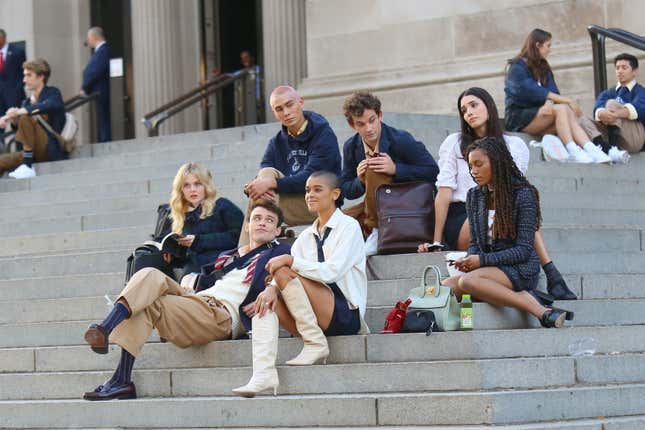The 'Woke' Gossip Girl Reboot Is Sounding Tragically Misguided
Characters will be more self-conscious about their wealth and privilege in the reboot, which makes little narrative sense.
EntertainmentTV

The new Gossip Girl appears to be deviating from the original more than we’d previously thought.
First, they made it more diverse: Crucial. Then, they updated the outfits: Good and necessary. Then, showrunner and creator Joshua Safran tweeted that the reboot would be absent of any “slut-shaming” and “cat fights.” I thought: Sure, I guess. But on Monday, in an interview with Variety, Safran said the new Gossip Girl would make characters more self-conscious about their wealth and privilege, an alteration to the original series I’m not sure I can stand for on principle.
-

-

-

-

-

-

-

-

-

-

-

-

-

-

-

-

-

-

-

-

-

-

-

-

-

-

-

-

-

-

-

-

-

-

-

-

-

-

-

-








































